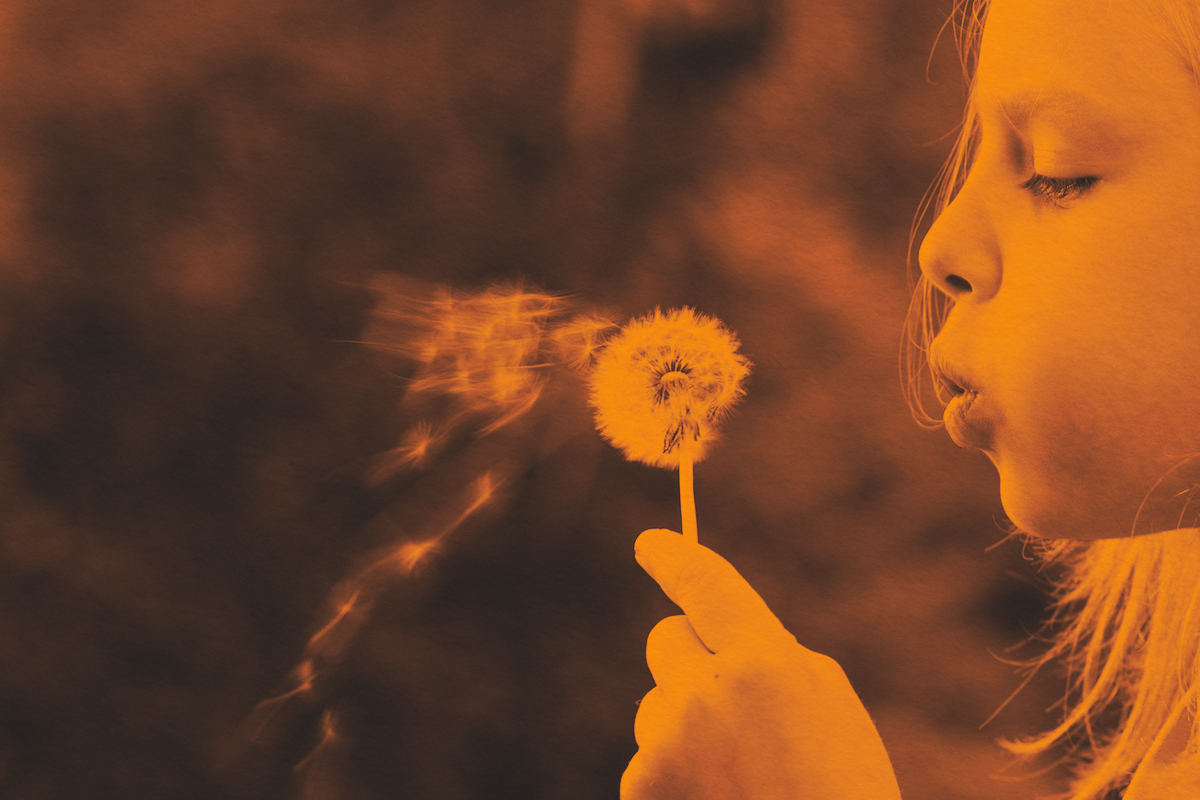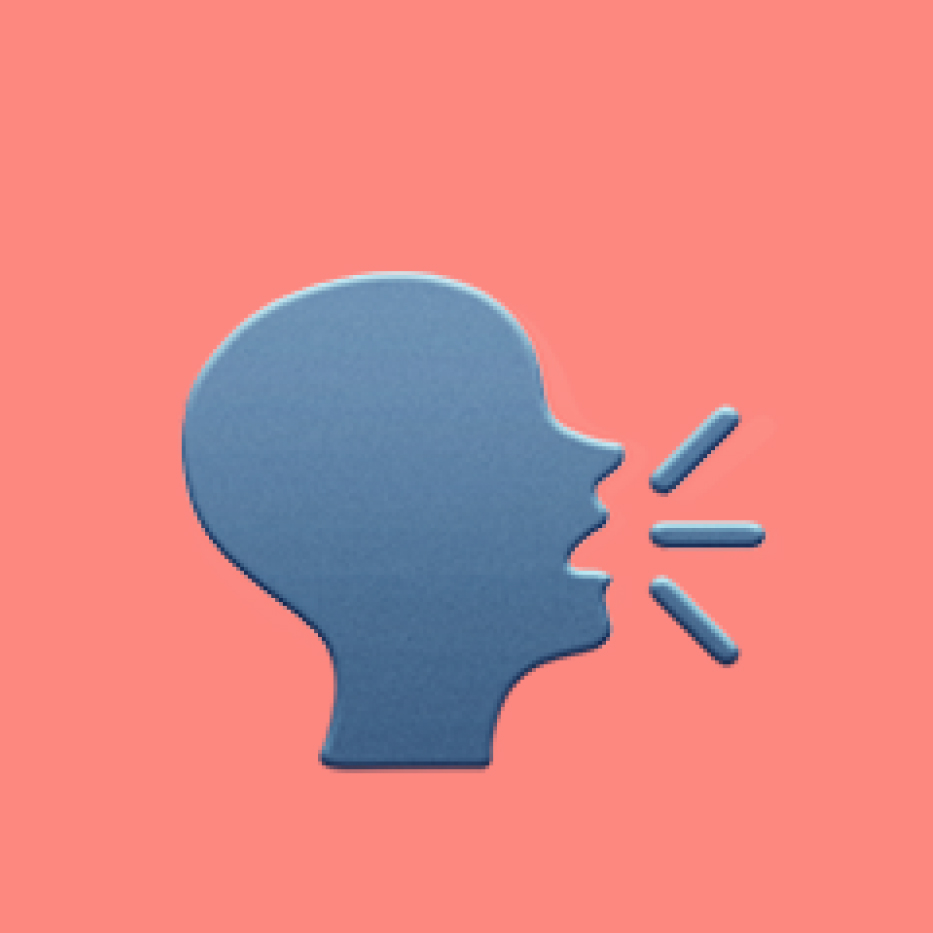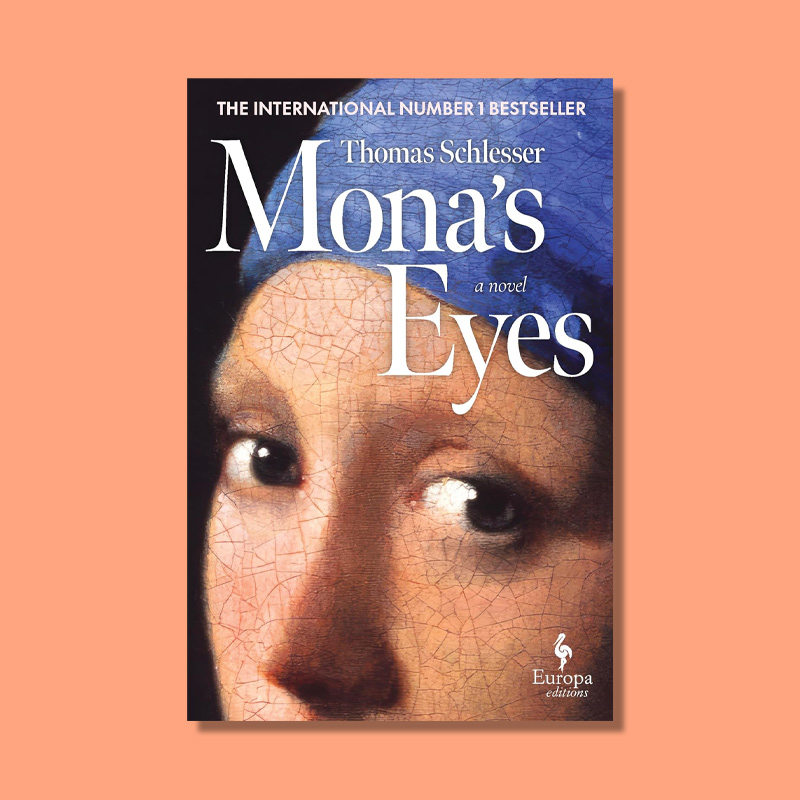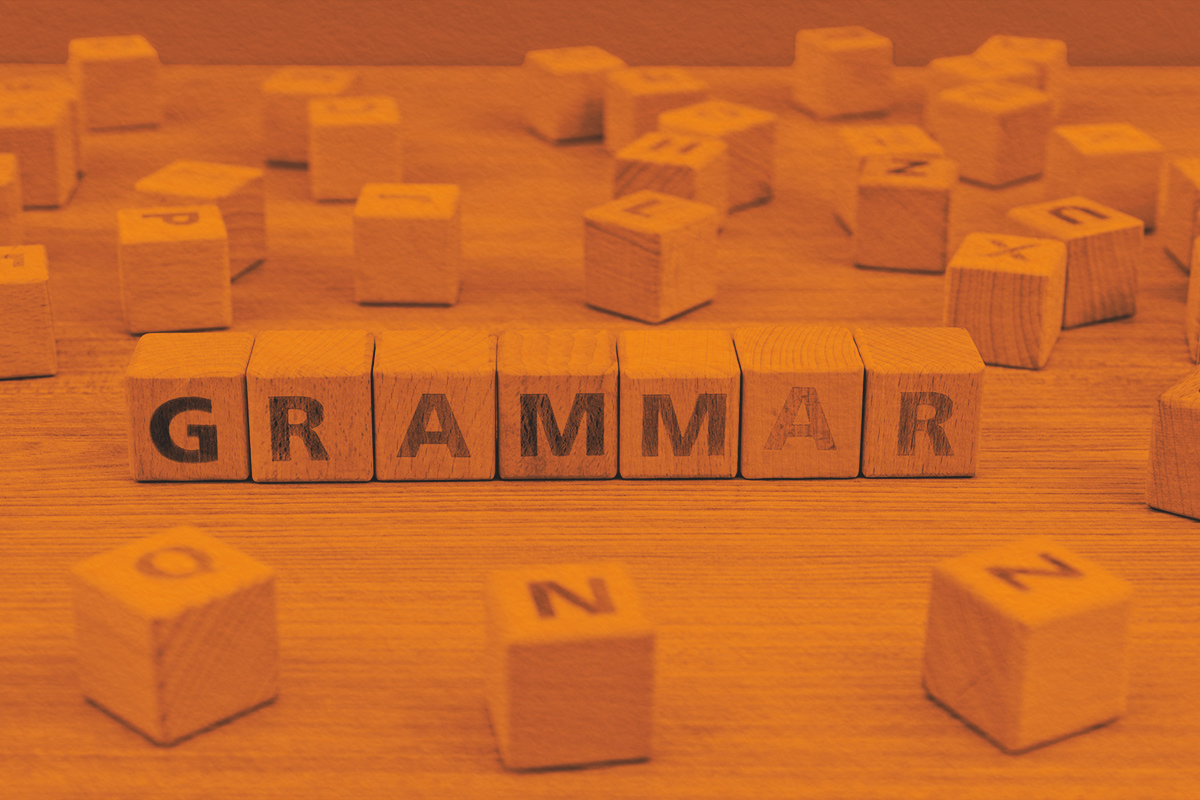Is "I wish I were" or "I wish I was" correct? | | When wishing upon a star, is it "I wish I were" or "I wish I was"? This tricky conundrum comes down to the subjunctive mood, and it's pretty easy to figure out when you understand the grammar rule behind it. | |  | Michael Nordine |
|
| |  | | I f you've ever pondered this question, allow us to introduce you to the subjunctive. This verb form is used for potential and hypothetical situations, including when wishing for something that doesn't exist yet. In these wishful contexts, "were" is the past-tense conjugation of "to be" you're looking for. Example: "I wish I were covered in kittens" is correct because it's referring to something that hasn't actually happened — and, alas, may never happen.
If and when such a situation should come to pass, however, "was" is correct when mentioning it. "I was the happiest person in the world when I was covered in kittens" is the proper phrasing because it's referring to something that happened rather than a hypothetical situation. For a mnemonic, when something "has" happened, the matching verb is "was." |
| | Continue reading | |  |
|
| | Advertisers help keep Word Smarts free | |
Emoji Decoded | |  | | Speaking Head in Silhouette | | | Meaning: Represents a person speaking, talking, or expressing themselves. Often used to indicate conversation or an announcement.
Evolution: Initially designed to represent speech or an announcement, 🗣️ now sometimes represents gossip or spreading news.
Usage: [X post:] Hot take incoming 🗣️ |
|
 | | Speaking Head in Silhouette | | | Meaning: Represents a person speaking, talking, or expressing themselves. Often used to indicate conversation or an announcement.
Evolution: Initially designed to represent speech or an announcement, 🗣️ now sometimes represents gossip or spreading news.
Usage: [X post:] Hot take incoming 🗣️ |
|
| |
Have you read? | |  | | Mona's Eyes | | | | When 10-year-old Mona learns she may go blind, her grandfather Henry resolves to show her his favorite masterpieces. He takes her to see a new piece of art at a Paris museum each Wednesday for 52 weeks. The English translation of this book — originally published in French in 2024 — includes a fold-out dust jacket featuring images of all 52 works of art featured in the story. | | | | Samantha Abernethy, Word Smarts Writer | | | | We independently evaluate all recommended products and services. If you click on links we provide, we may receive compensation. |
|
 | | Mona's Eyes | | | | When 10-year-old Mona learns she may go blind, her grandfather Henry resolves to show her his favorite masterpieces. He takes her to see a new piece of art at a Paris museum each Wednesday for 52 weeks. The English translation of this book — originally published in French in 2024 — includes a fold-out dust jacket featuring images of all 52 works of art featured in the story. | | | | Samantha Abernethy, Word Smarts Writer | | | | We independently evaluate all recommended products and services. If you click on links we provide, we may receive compensation. |
|
| |
You might also like | |  | | | | 4 Grammar Rules That Are Unique to English | | English is a linguistic roller coaster full of unexpected twists and turns that confuse even the bravest of riders — er, writers. From vanishing articles to reversed adjectives, these are some of English's most dizzying grammar rules. |
| | | |
| | Advertisers help keep Word Smarts free | |
|
